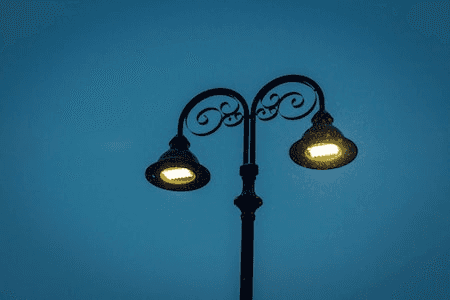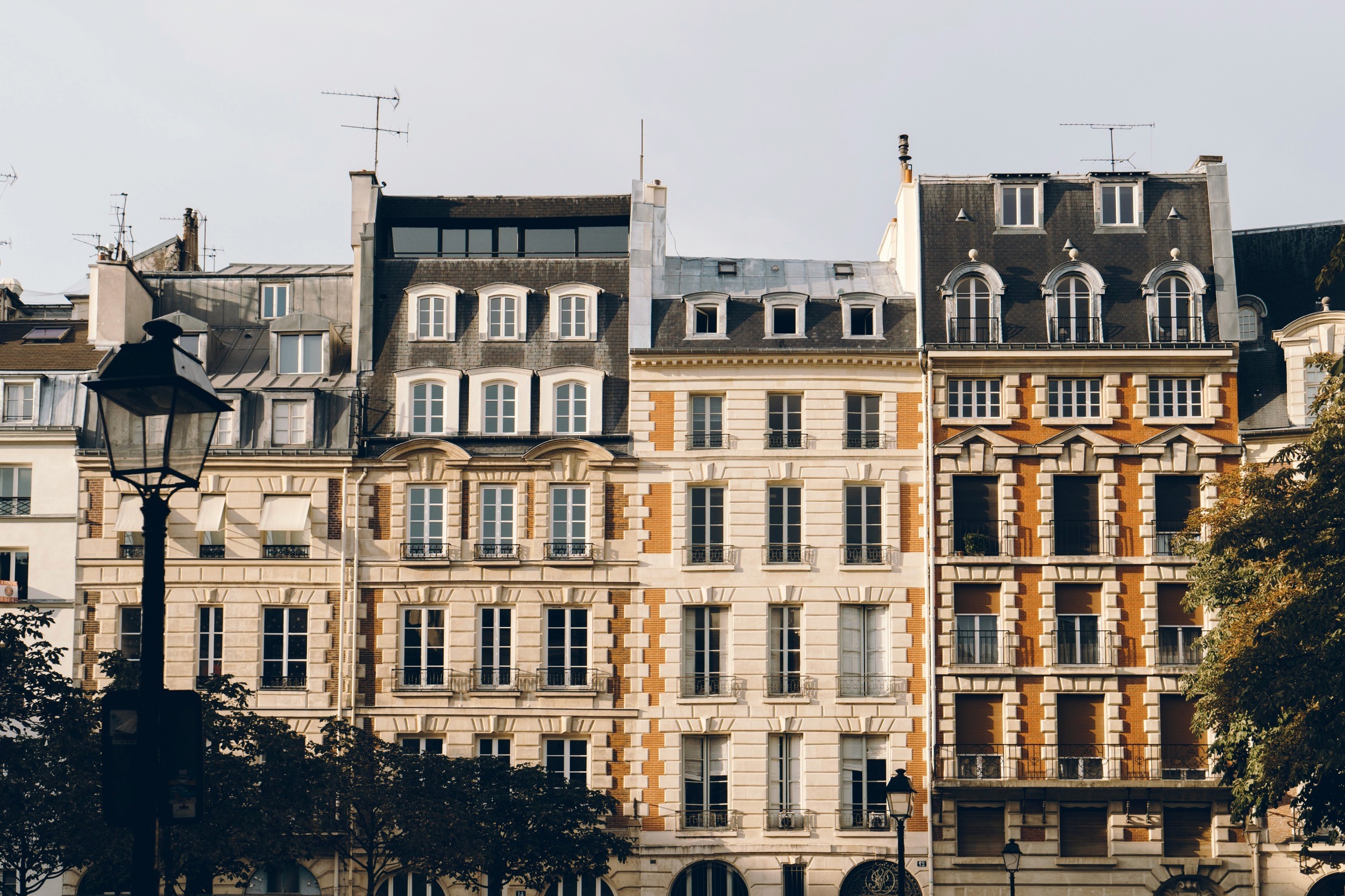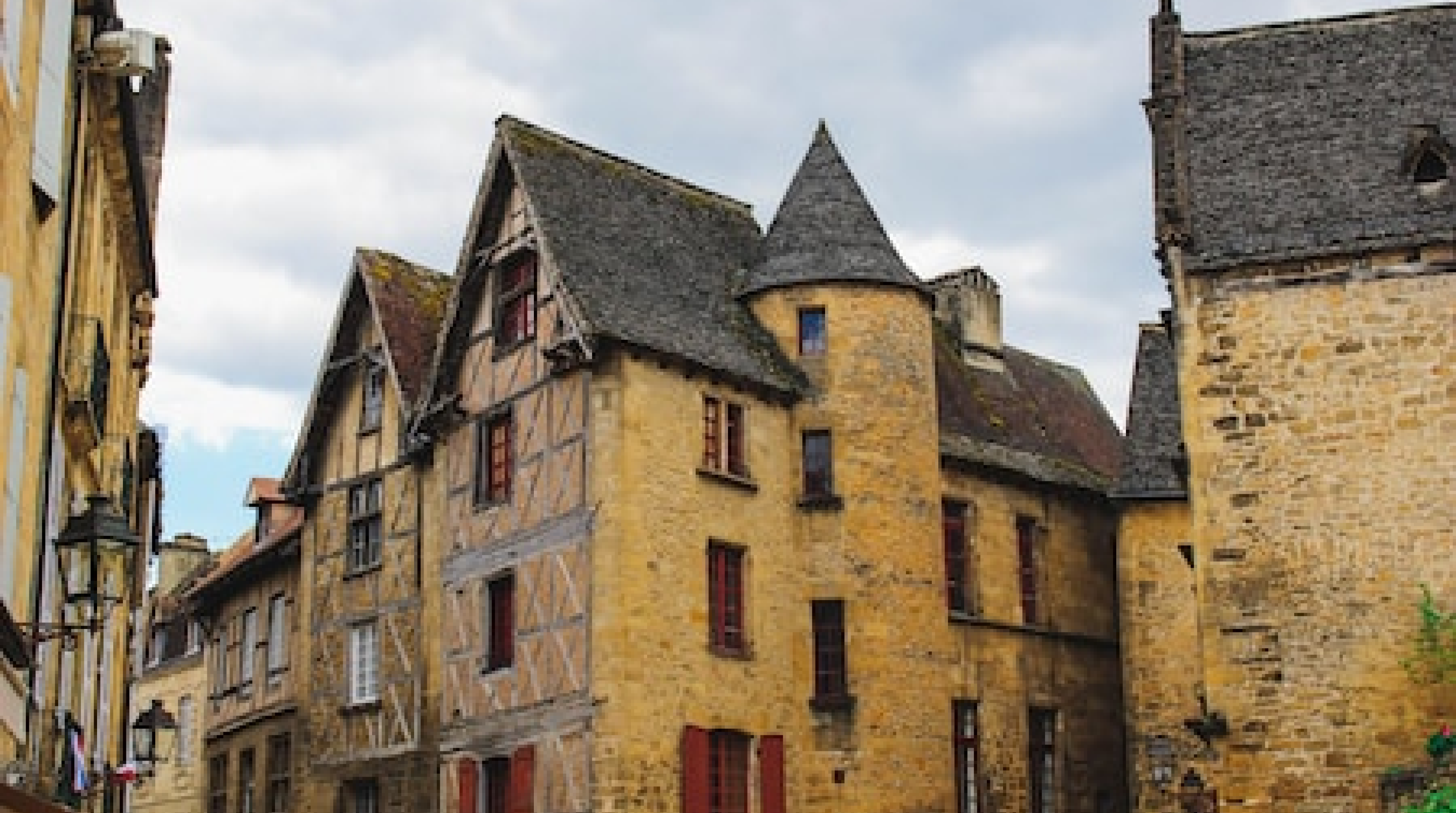Bruno Schultz
On those luminous mornings Adela returned from the market, like Pomona emerging from the flames of day, spilling from her basket the colourful beauty of the sun - the shiny pink cherries full of juice under their transparent skins, the mysterious black morellos that smelled so much better than they tasted; apricots in whose golden pulp lay the core of long afternoons. And next to that pure poetry of fruit, she unloaded sides of meat with their keyboard of ribs swollen with energy and strength, and seaweeds of vegetables like dead octopuses and squids—the raw material of meals with a yet undefined taste, the vegetative and terrestrial ingredients of dinner, exuding a wild and rustic smell.
The dark second-floor apartment of the house in Market Square was shot through each day by the naked heat of summer: the silence of the shimmering streaks of air, the squares of brightness dreaming their intense dreams on the floor; the sound of a barrel organ rising from the deepest golden vein of day; two or three bars of a chorus, played on a distant piano over and over again, melting in the sun on the white pavement, lost in the fire of high noon.
After tidying up, Adela would plunge the rooms into semidarkness by drawing down the linen blinds. All colours immediately fell an octave lower, the room filled with shadows, as if it had sunk to the bottom of the sea and the light was reflected in mirrors of green water - and the heat of the day began to breathe on the blinds as they stirred slightly in their daydreams.
"On Saturday afternoons I used to go for a walk with my mother. From the dusk of the hallway, we stepped at once into the brightness of the day. The passers-by, bathed in melting gold, had their eyes half closed against the glare, as if they were drenched with honey. Upper lips were drawn back, exposing the teeth. Everyone in this golden day wore that grimace of heat—as if the sun had forced his worshipers to wear identical masks of gold. The old and the young, women and children, greeted each other with these masks, painted on their faces with thick gold paint; they smiled at each other's pagan faces—the barbaric smiles of Bacchus."

And finally on the corner of Stryjska Street we passed within the shadow of the chemist's shop. A large jar of raspberry juice in the wide window symbolised the coolness of balms which can relieve all kinds of pain. After we passed a few more houses, the street ceased to maintain any pretence of urbanity, like a man returning to his little village who, piece by piece, strips off his Sunday best, slowly changing back into a peasant as he gets closer to his home.
The suburban houses were sinking, windows and all, into the exuberant tangle of blossom in their little gardens. Overlooked by the light of day, weeds and wild flowers of all kinds luxuriated quietly, glad of the interval for dreams beyond the margin of time on the borders of an endless day. An enormous sunflower, lifted on a powerful stem and suffering from hypertrophy, clad in the yellow mourning of the last sorrowful days of its life, bent under the weight of its monstrous girth. But the naïve, suburban bluebells and unpretentious dimity flowers stood helpless in their starched pink and white shifts, indifferent to the sunflower's tragedy.
Markup and design: Xxxxxx Xxxxxx
Images: Xxxxxxxx
This text is used under the terms of the Project Gutenberg License www.gutenberg.org.


